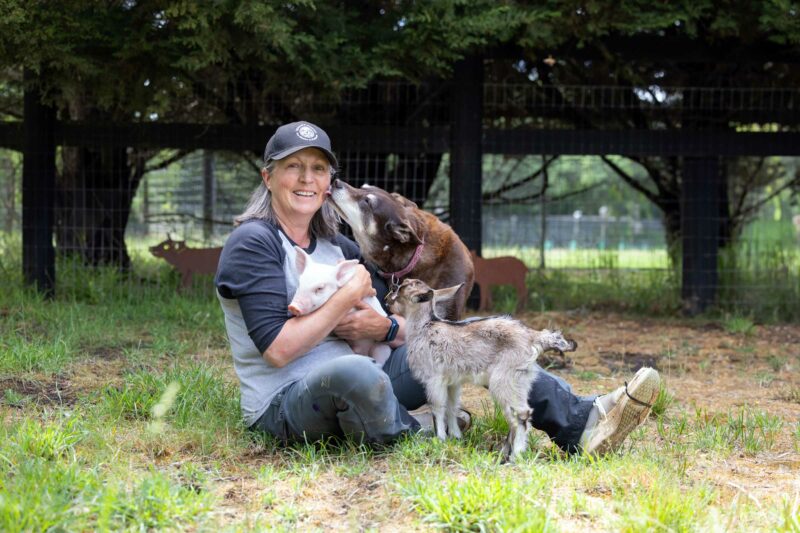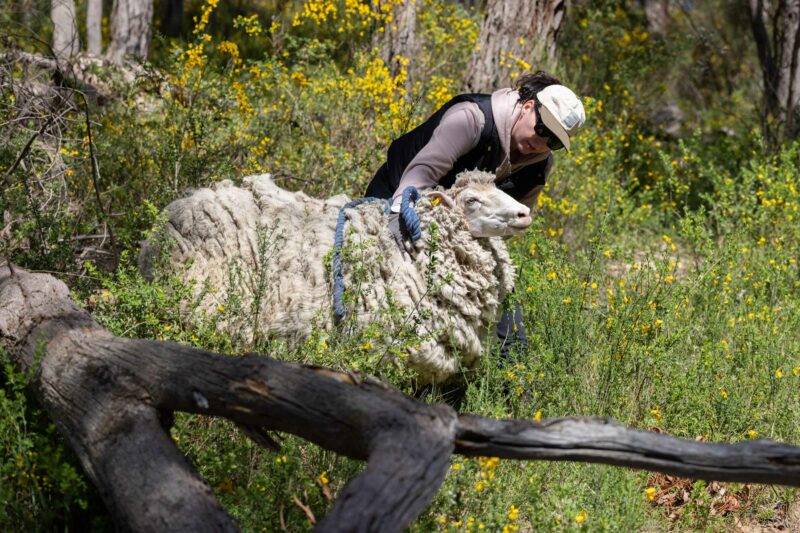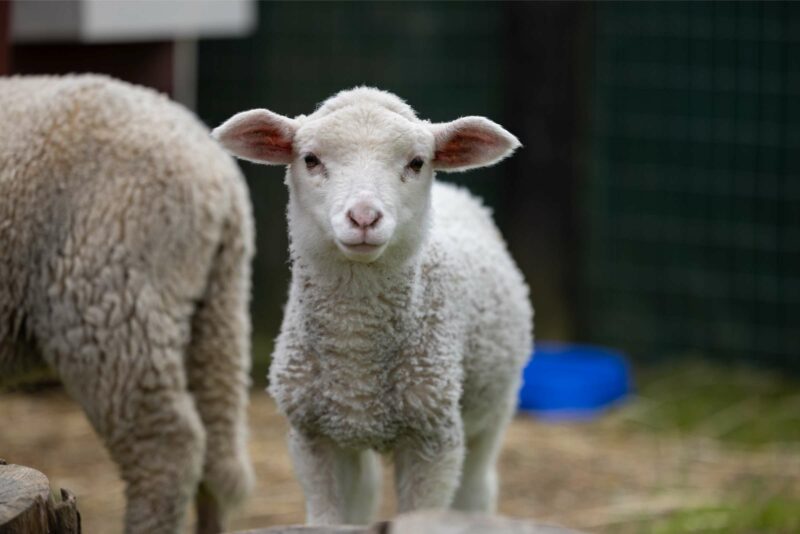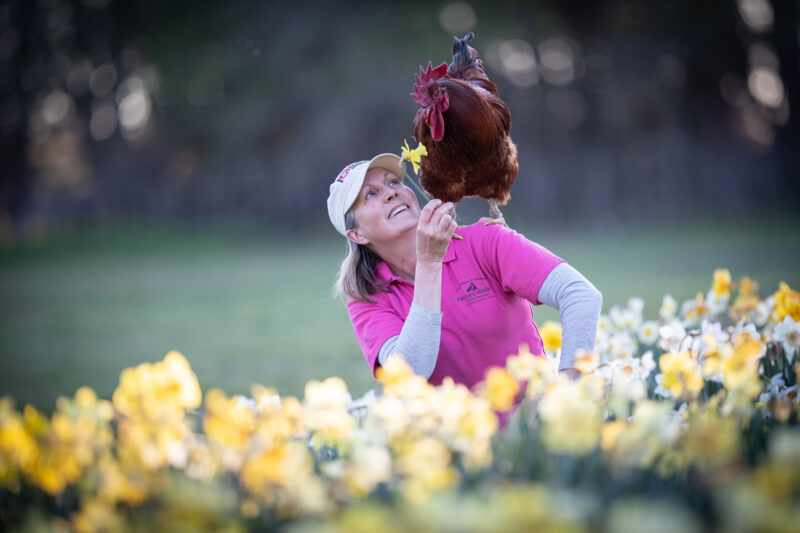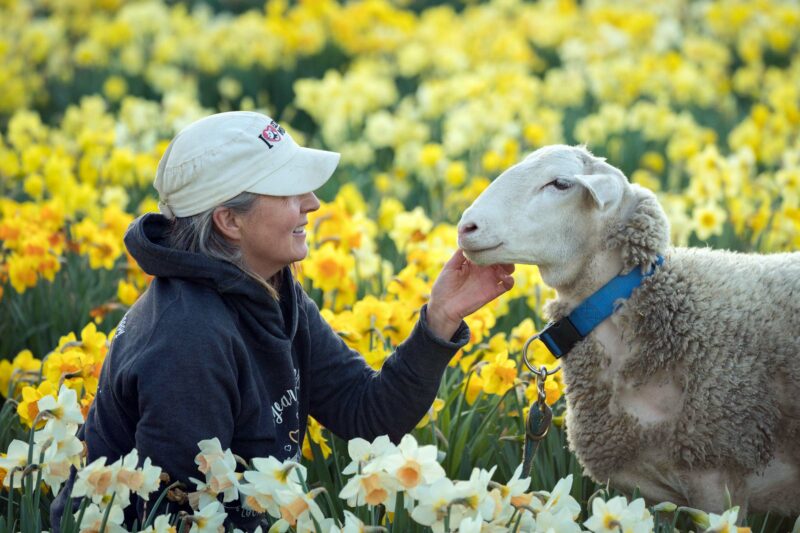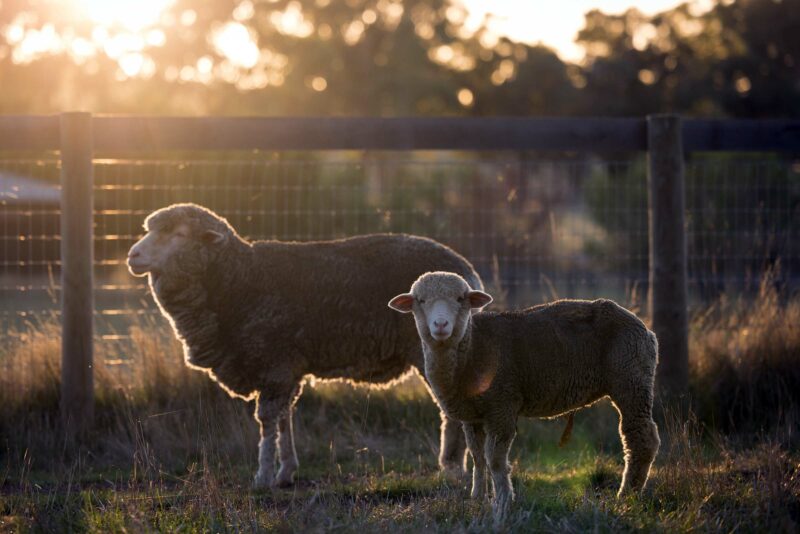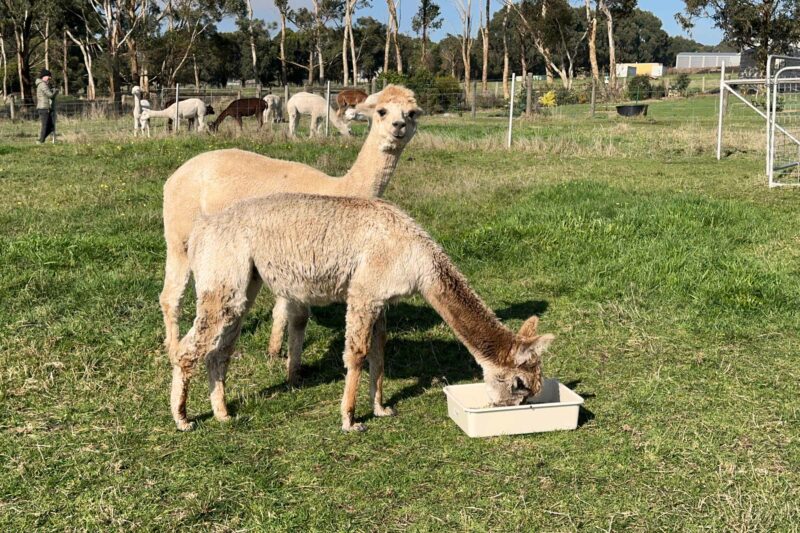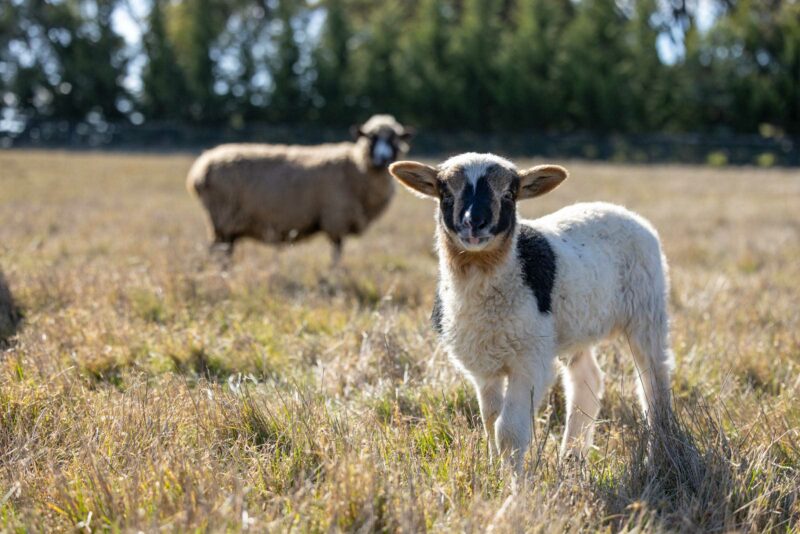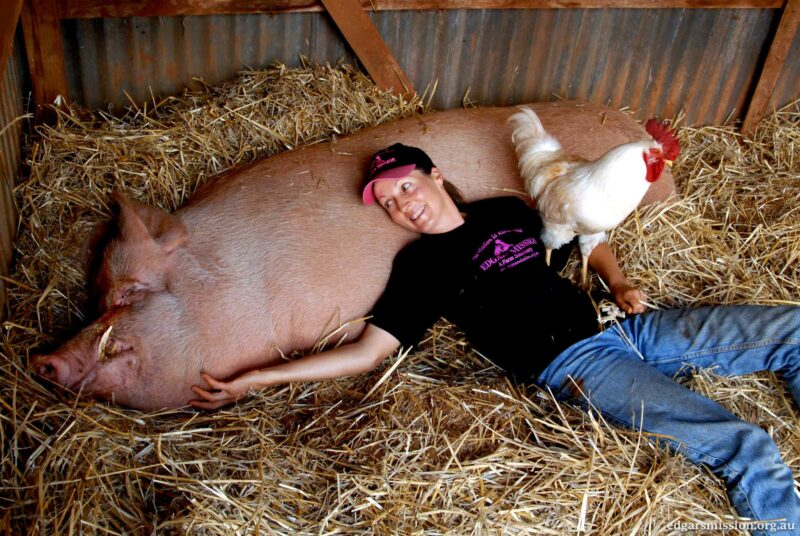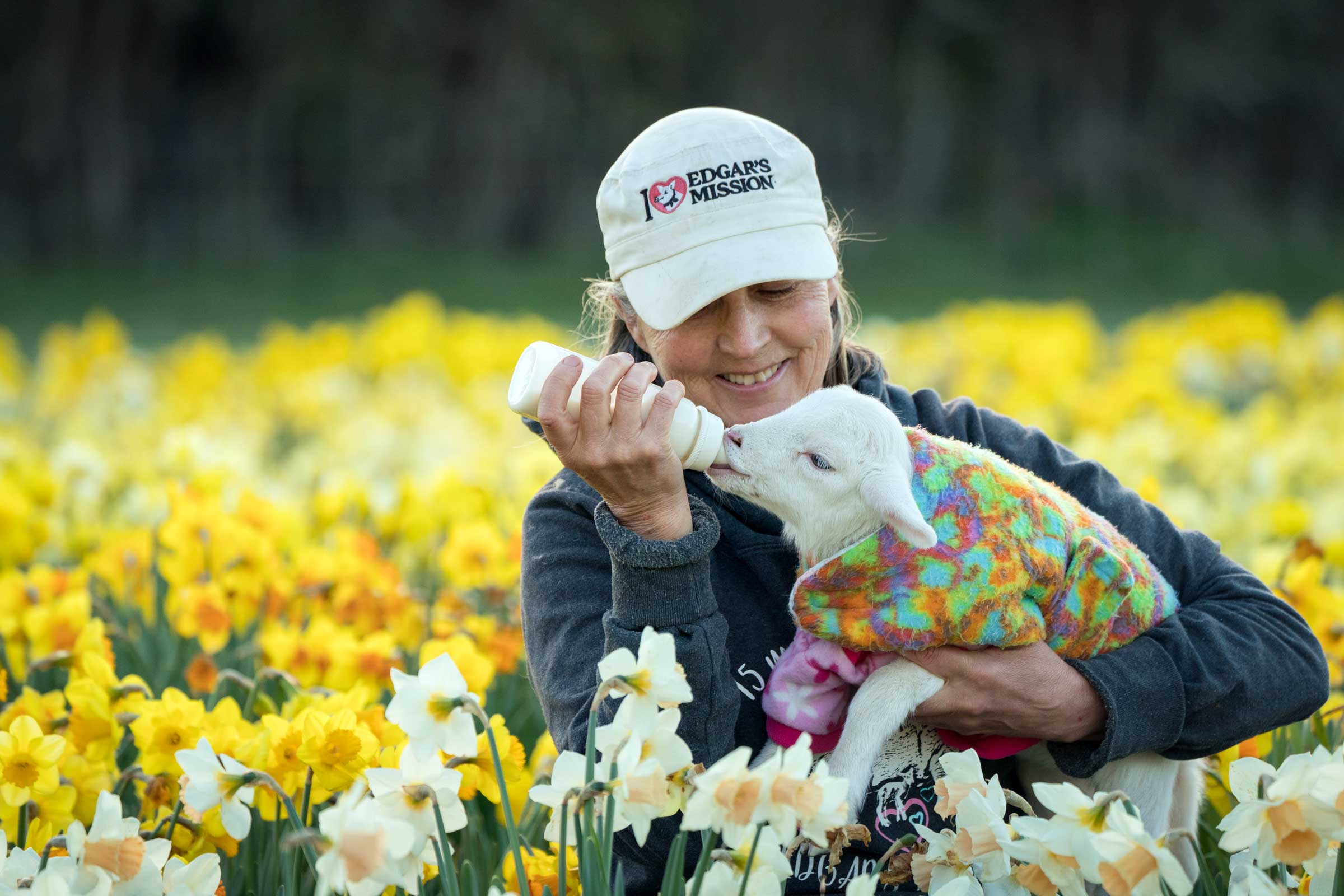
Lessons From a Shipping Container
A rustic red beast, whose many dents and scratches attested it to be aged of many a year. And those years filled with a long service of providing secure rodent and weatherproof storage, something that was readily transferred to us.
And too would provide a great boon in more ways than one, as I was to learn.
At first though, I could not open the darn thing. Curse words, arm wrenching and foot kicking proving ineffective in achieving that lofty goal. And so I turned to the Zen masters of this fine art. I watched with the due diligence of a wide-eyed student, ever eager to learn the craft. Then, emulating their technique as best as a novice awkwardly could, I gave it whirl. Although still questioning myself and my ability to do so, I eventually pulled it off – the task, that is, not the doors! Albeit with far less grace, and more time consumed than those masters.
But I did it, none the less!
I opened the shipping container.
The trick, I learned, did not lie in the way I held my mouth, but in the perfect synchronicity with which I manoeuvred the handles, grasping one firm in each hand, a gentle and angled upward heave and then with a bit of a twist with my wrists in an outward gesture, voila!
Open sesame.
Each day thereafter, the once-arduous and almost impossible chore of opening the shipping container morphed into a simple undertaking done in but a few moments with such ease that a casual observer could have been forgiven for thinking my fingers were imbued with WD40 and I was a much-revered “shipping container” Zen master!
Sage words advise that we can learn something from every experience in life, but who would have thought a rusty red receptacle could teach so much?
So here are the learnings.
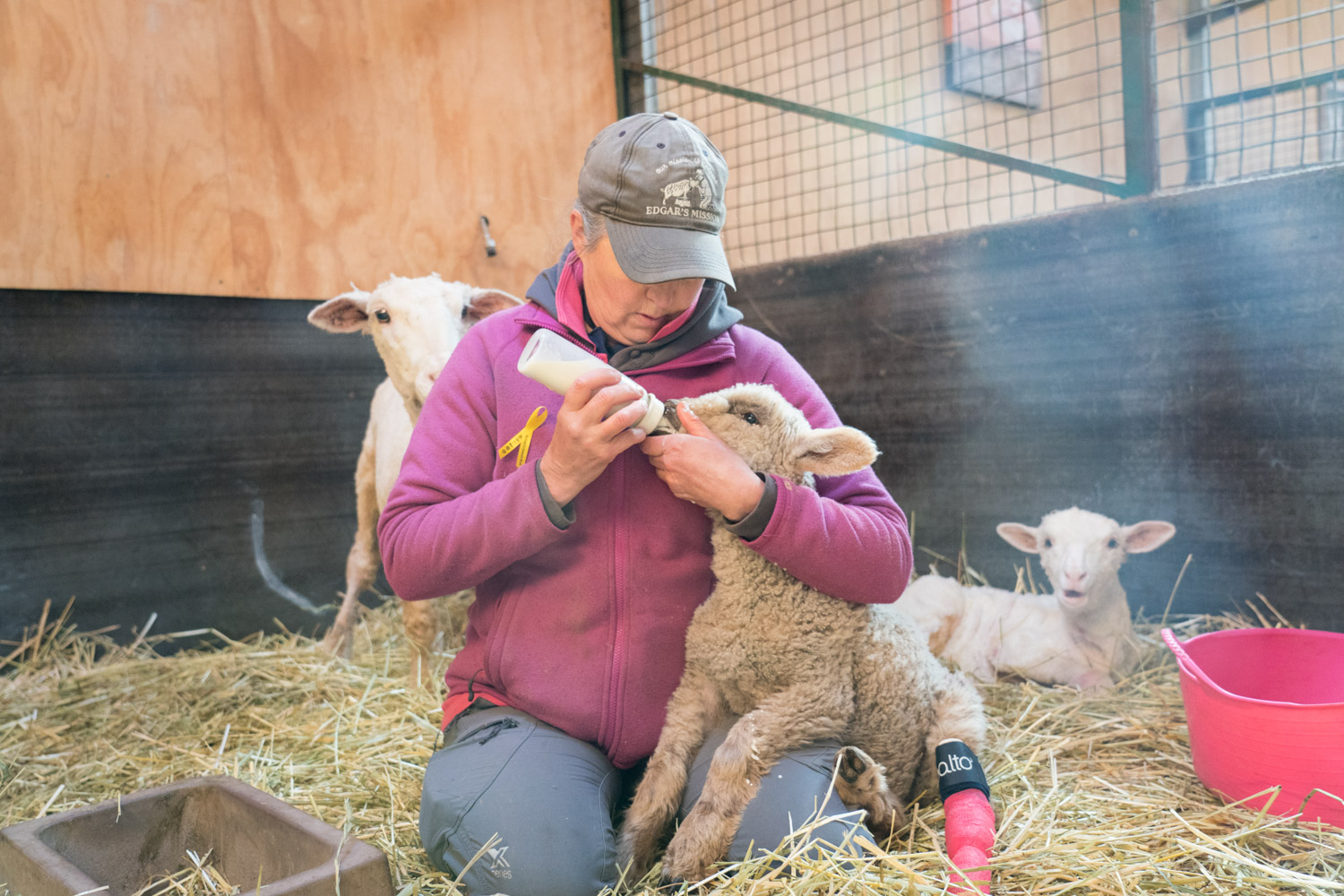
Persistence pays. If you do not succeed at first, try and try again. And don’t forget to ask a master!
Humility and the benefits of a quiet mind. Humility comes with the understanding we are but students in the school of life, and that everything and everyone around us has something to teach. To set one’s ego aside and accept that something as inane as a shipping container can be a teacher is indeed a humbling experience.
And those life lessons are best received when we quieten our busy minds and the some 70,000 thoughts we have a day, of which 75% are negative. Focusing on what sits before us, which is the present, not distracted by either the prospects of the future or what happened in the past, which so often claims our attention, is what best places us for the learnings.
Perfect practice makes perfect! Best described as like a river finding its course from high in the mountains to where it meets the sea. A first we learn a new behaviour, practice or skill, by clumsily travelling down a previously unnavigated path, meeting the speed bumps from our lack of prowess and uncertainty along the way. Yet each time we practise we slowly etch the trail deeper across the route of least resistance, strengthening our ability to do so. Roadblocks and resistance are moulded smooth along the away as the passage of flow becomes more well-worn.
So much so that it starts to shape the landscape of our life.
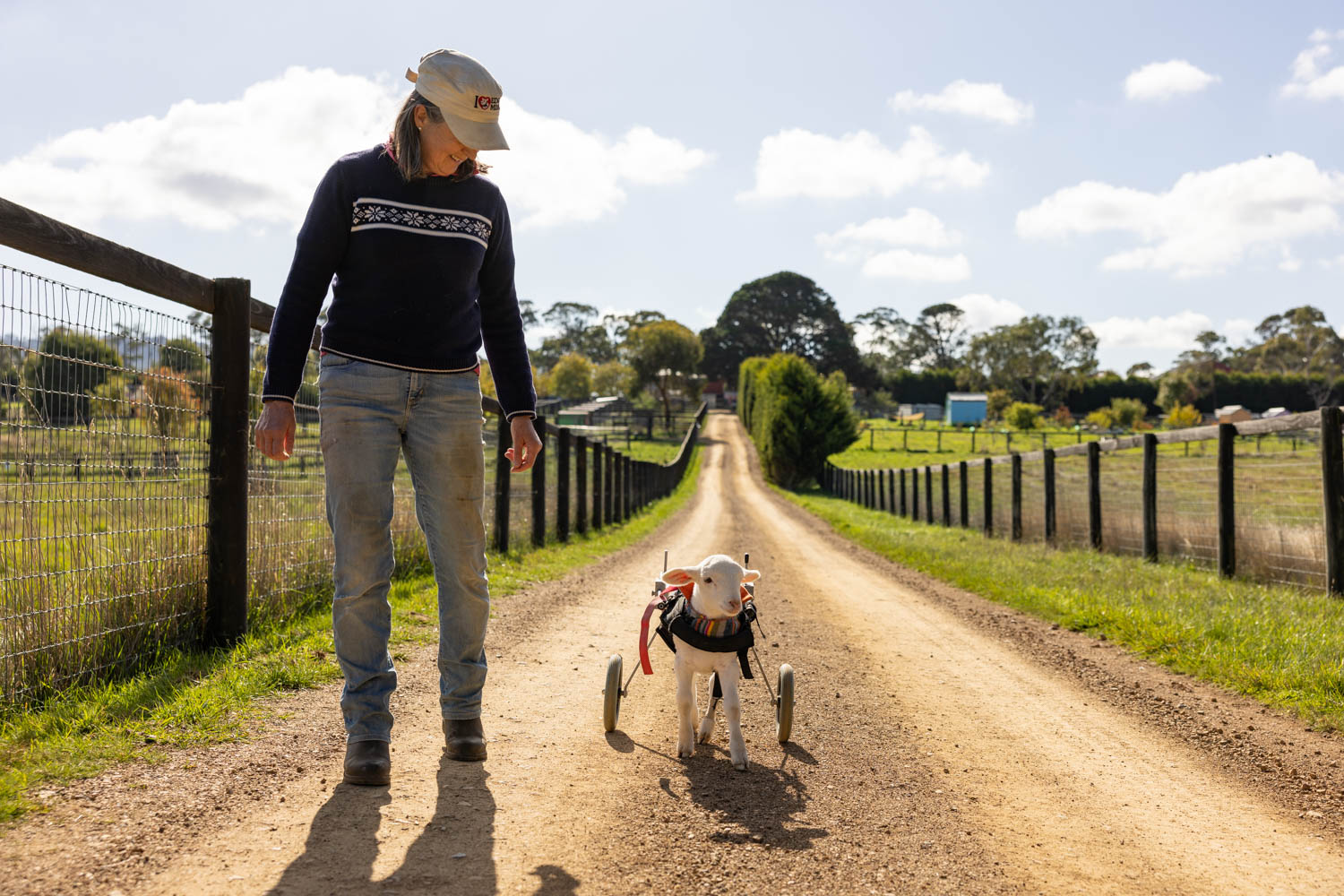
In short, the more we practise perfect practice, the more we not only become better at doing something, as a small stream becomes a mighty river, but also replace old habits (or even ways of thinking) with new ones that serve us better.
However, if our commitment is lacking or there are physical impediments to our efforts, our practice will not be what it should – not perfect.
But don’t be fooled, perfect practice does not mean being perfect every time, for making mistakes is essential in the path to perfection! Failure only lies in not learning from our (or others’) mistakes. For in making mistakes we have great opportunities to learn.
And to understand better the mechanics of the task at hand.
And so whether it be shipping containers or the school of life, there is always something to learn. Learning best, practising hard, and finding joy in the knowledge that the more we do something, the more it strengthens the neural pathways for doing so.
A bit like kindness, really 😊

